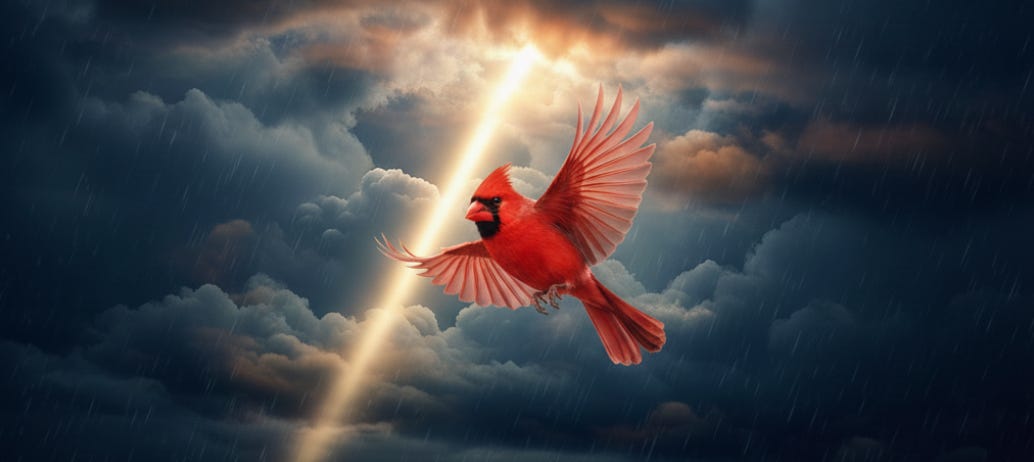Action is the best anti-depressant
At least it's the best one I can prescribe without a medical license
Before we get going… how about a vibe check?
“When I was a boy and I would see scary things in the news, my mother would say to me, ‘Look for the helpers. You will always find people who are helping.’”
Mr. [Fred] Rogers
Prices climb, tempers rise, injustice abounds, violence spikes... and the loudest voices insist that only rage is realistic. I don’t buy it. Hope isn’t a mood for just lucky or naive or unrealistic (or, perhaps, well-medicated) people; it’s a way of moving through hard seasons that you can train, like a muscle. When treated as a personal discipline, it becomes clear that we need not wait for leaders to give us hope. We can start making it... daily, locally, together.
Of course, the moment we’re in makes this seem more difficult. Communities feel brittle from polarization and flashes of political violence. Families feel squeezed by the cost of living. Under that strain, urgency becomes a drug. If everything is “now,” judgment shrinks, and it can just be downright depressing (literally or figuratively). One way out is what I’ve learned to call poised readiness: name the next step you can finish today, put tomorrow’s step on the calendar, and keep doing the things that we know in our bones are right even when the big picture is murky. That steadiness lowers the temperature and restores agency, which is exactly what despair tries to steal from us.
Last week, I found myself reminding a friend that “action is an anti-depressant” — perhaps not in a clinical sense, but in the sense that feeling useful is an antidote to feeling powerless.
If your hope feels thin, narrow the frame. Give yourself fifteen minutes and complete a small civic act you can point to when the clock runs out. Perhaps:
Send a thank-you to a leader you see doing the right thing
RSVP to the event you’ve been putting off
Report the broken light on your block
Join us in funding the high-impact litigation that’s saving democracy while Congress fails to check and balance, through our strategic partner Campaign Legal Center.
If your momentum is gone, look to a friend, family member, or partner-in-democracy — most loads are bearable when carried by two. And change one input: Trade a sliver of doom-scrolling on social media for something that actually makes you feel good (rather than a cheap dopamine hit), like calling an old friend or walking the dog. The point isn’t to deny trouble. It’s to keep your attention wide enough to notice the good, not just the bad. Asking "what am I grateful for?" is a good place to start.
None of this requires a creed, exactly, but there’s plenty of religious and secular wisdom on the topic. I always find it interesting to see how voices from the past speak of hope, most of whom came from times much more precarious than our own. This poem was read during a forum on hope I attended this past weekend…
Hope is the Thing with Feathers
By Emily Dickinson
“Hope” is the thing with feathers -
That perches in the soul -
And sings the tune without the words -
And never stops - at all -And sweetest - in the Gale - is heard -
And sore must be the storm -
That could abash the little Bird
That kept so many warm -
I’ve heard it in the chillest land -
And on the strangest Sea -
Yet - never - in Extremity,
It asked a crumb - of me.
Hope doesn’t wait for better weather, an all-clear from Washington, or a president to change; it grows where ordinary people practice it together — one conversation, one deposit of trust, one shared task at a time. And the more you practice, the better you listen, the easier it is to hear its song.



Beautiful Austin! Just what I needed to read (and hear) this early morning.
Stay in the moment, it provides peace, the past is gone we learn & evolve from it, I recommend reading the Power of Now. Rids us of dread, anxiety, depression, etc. Have a great day! Austin I appreciate you, keep it coming.